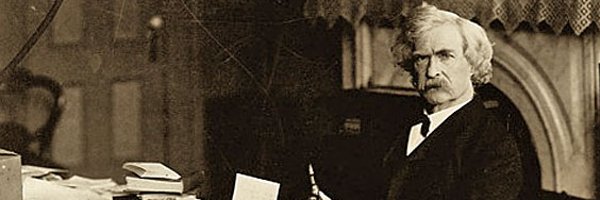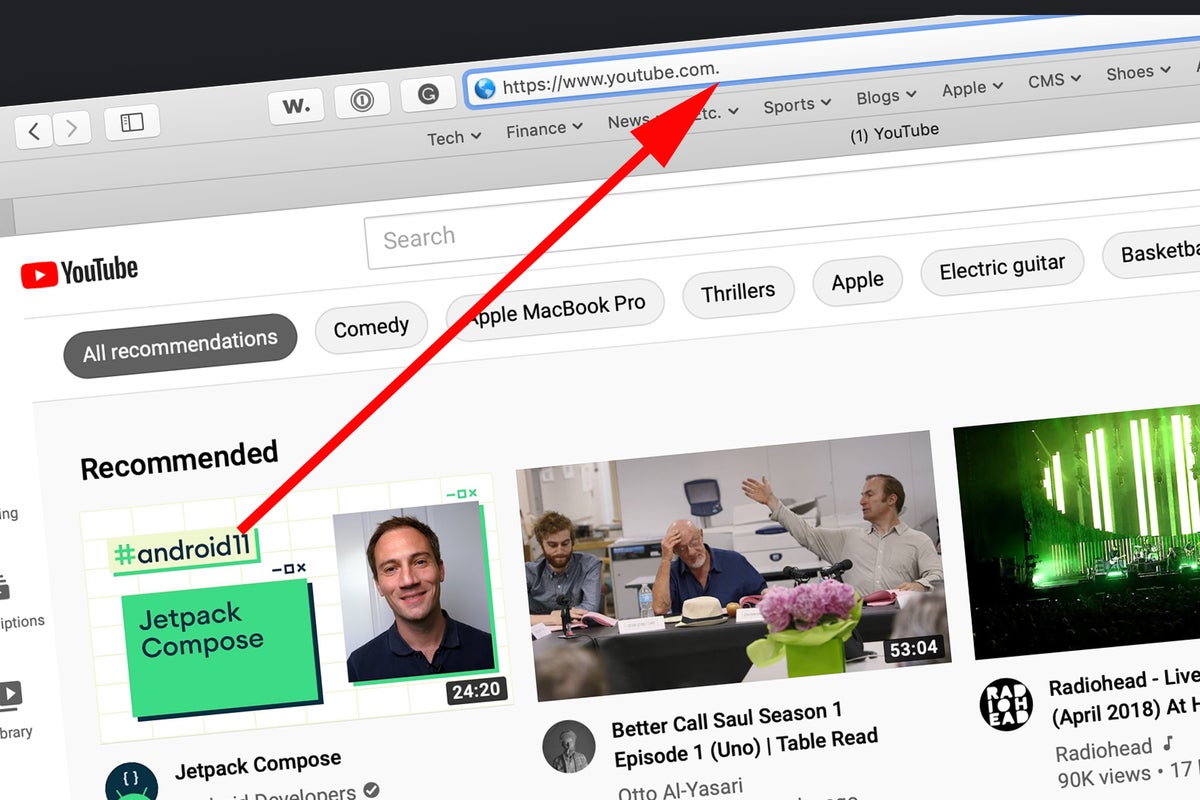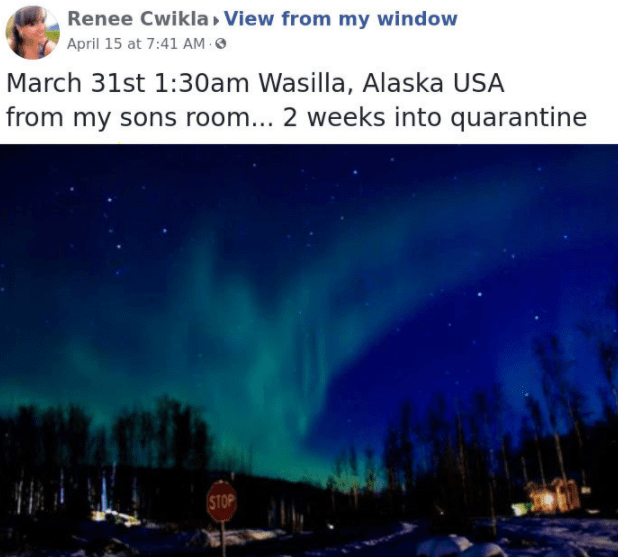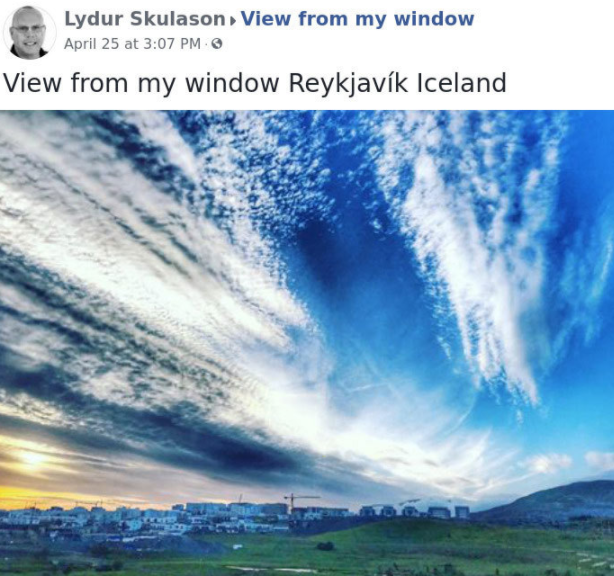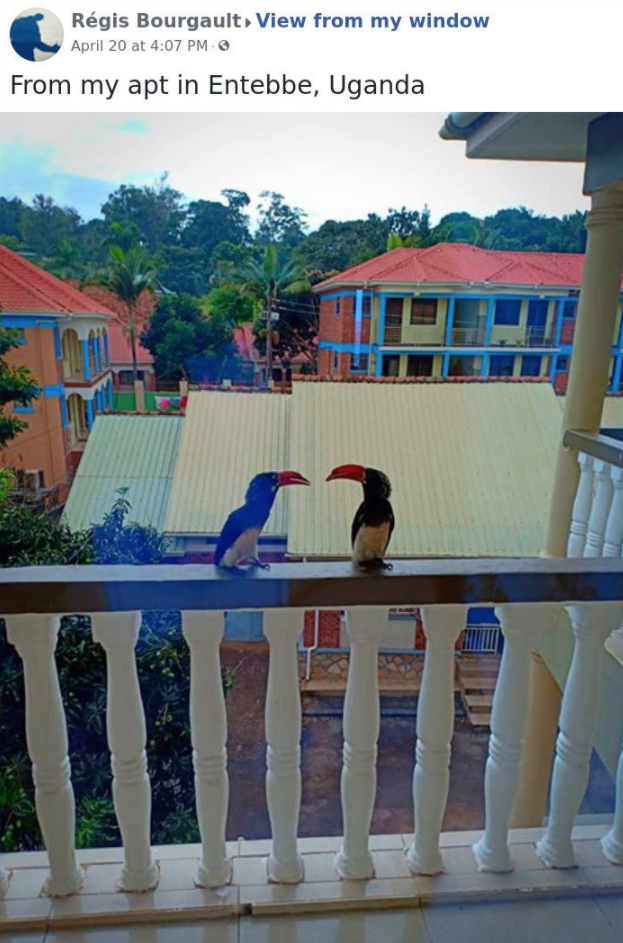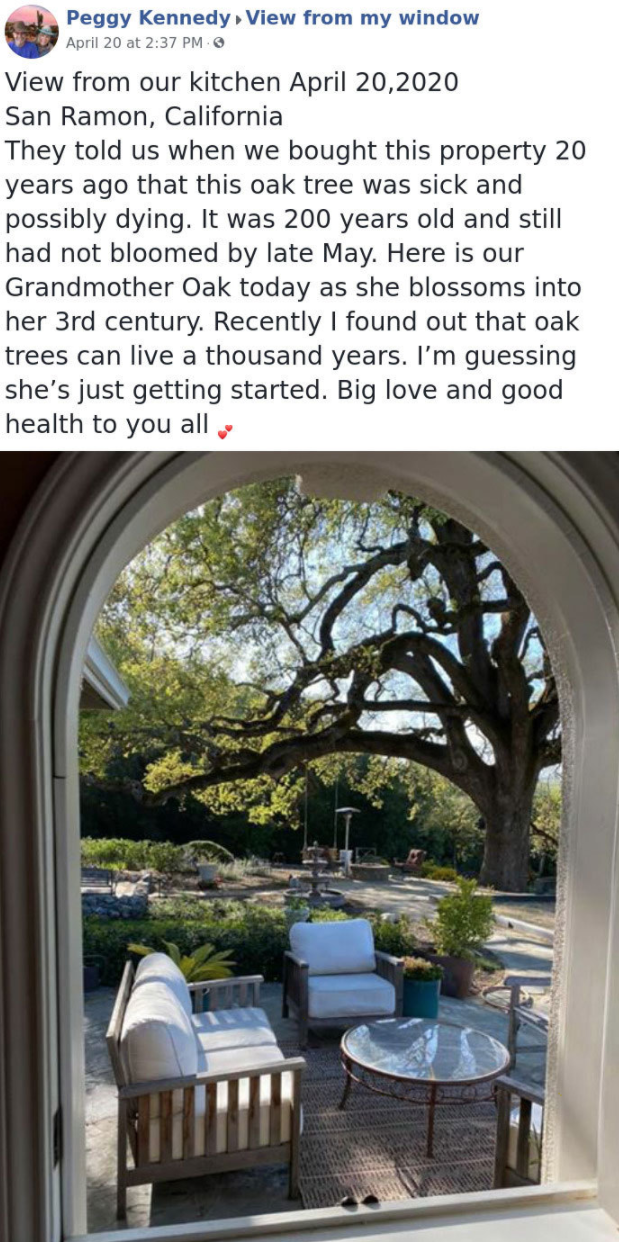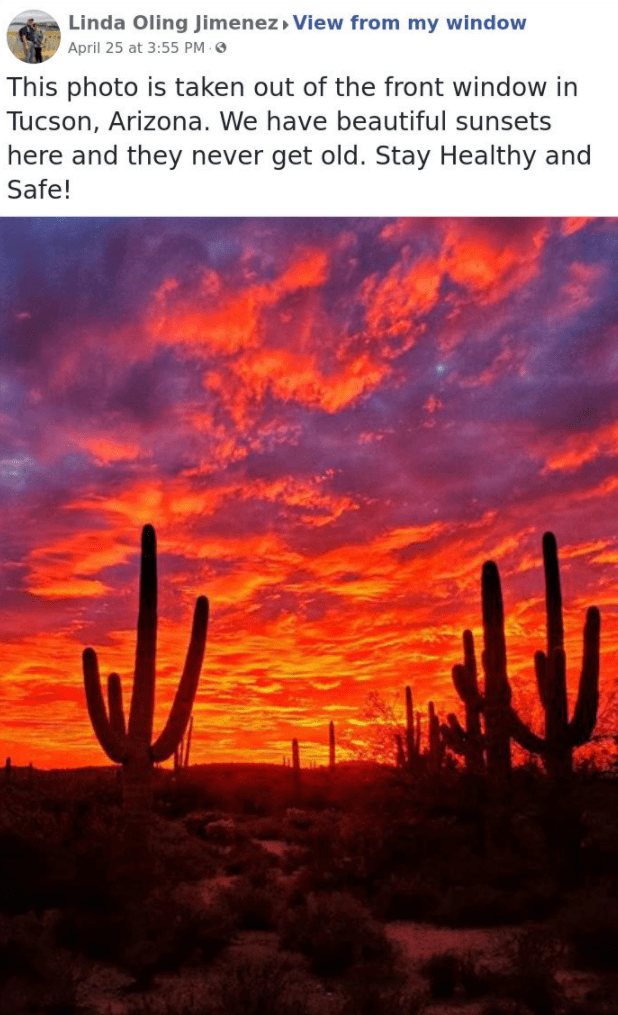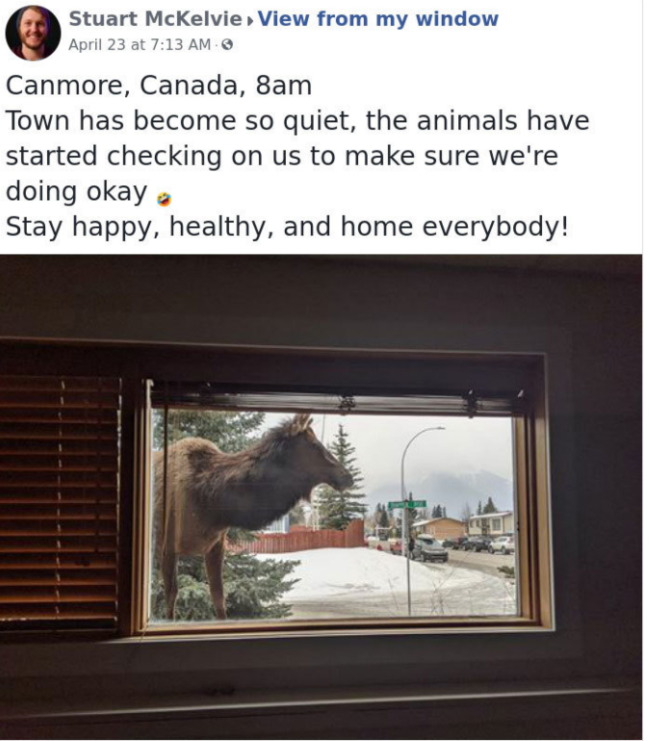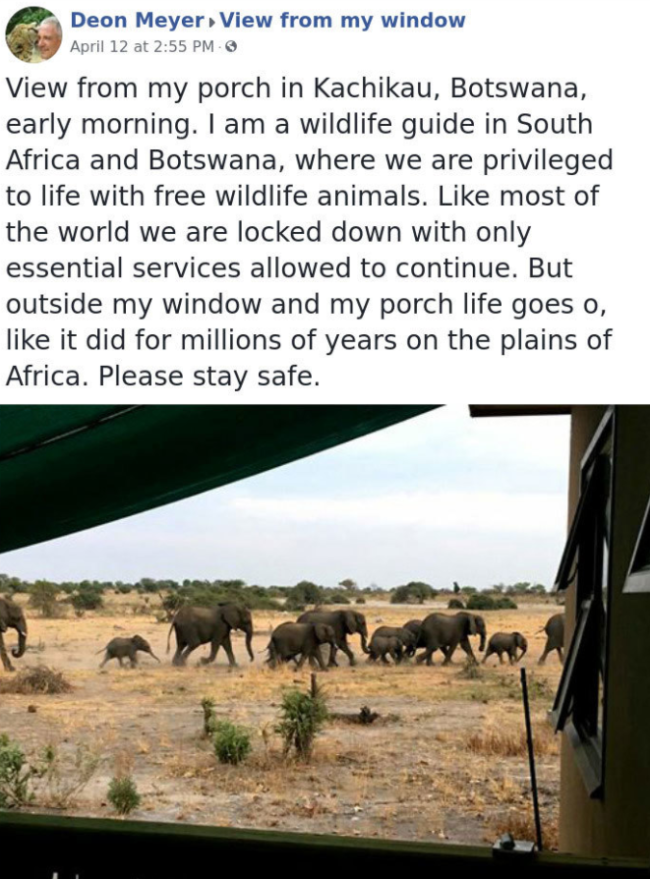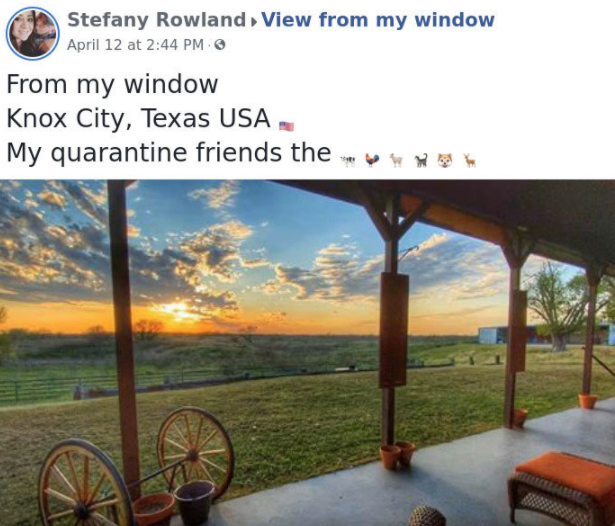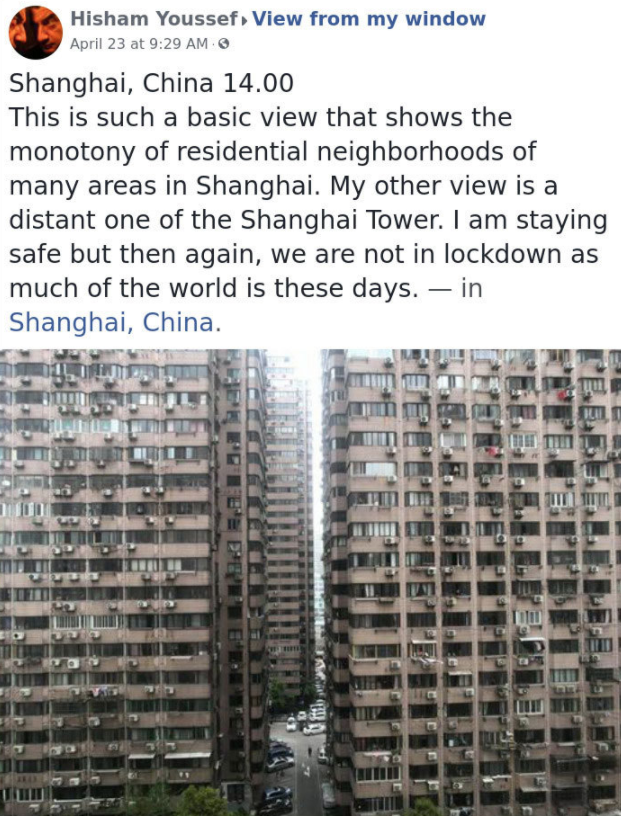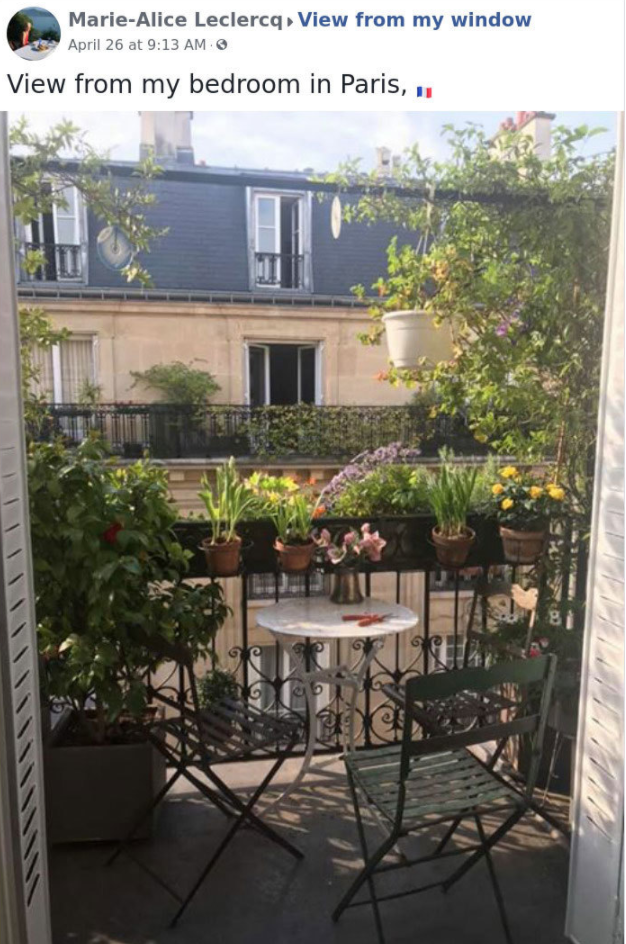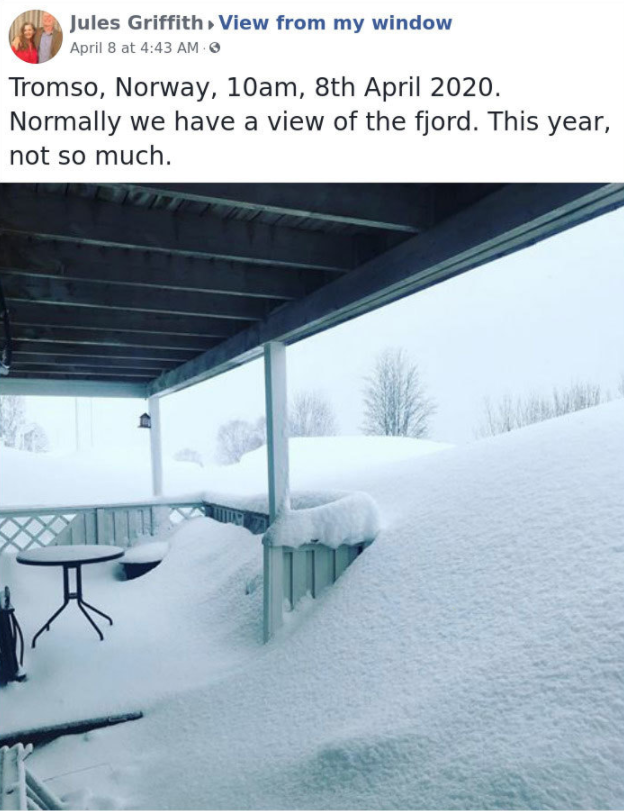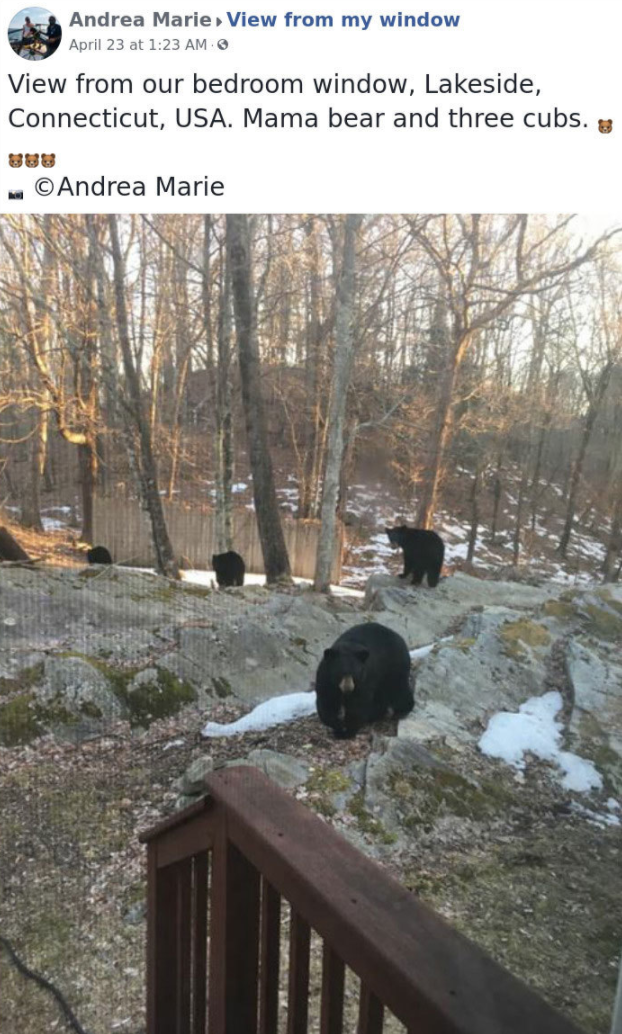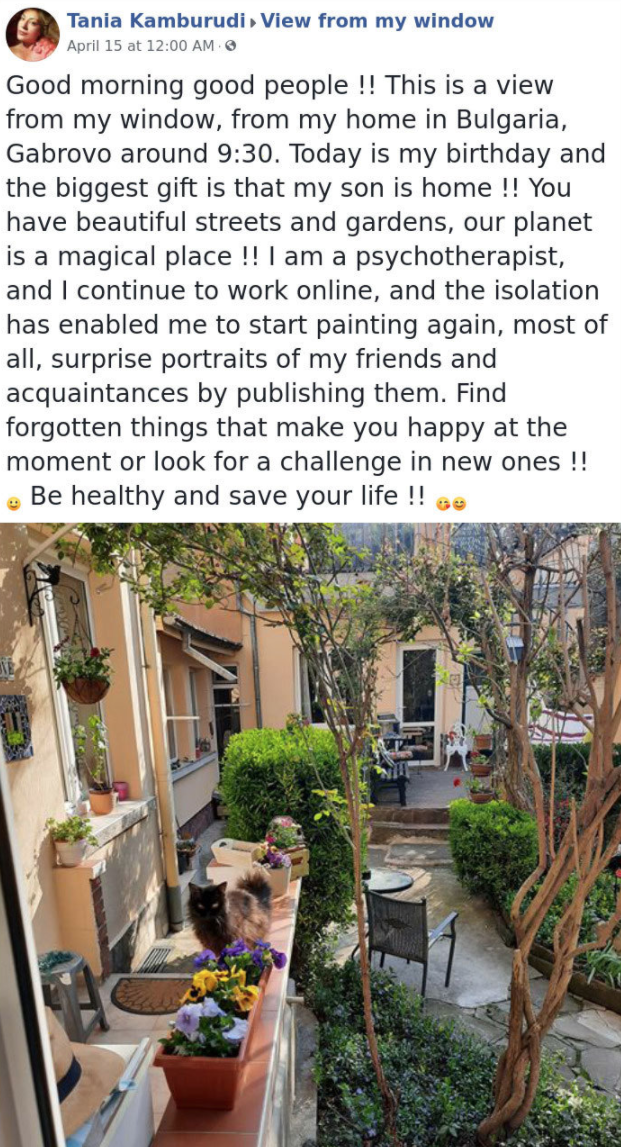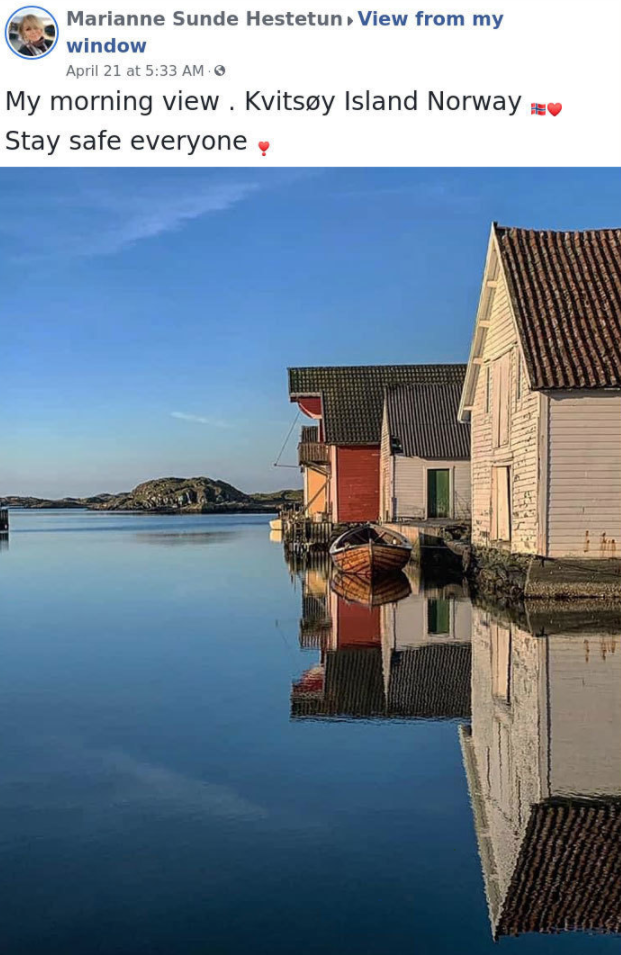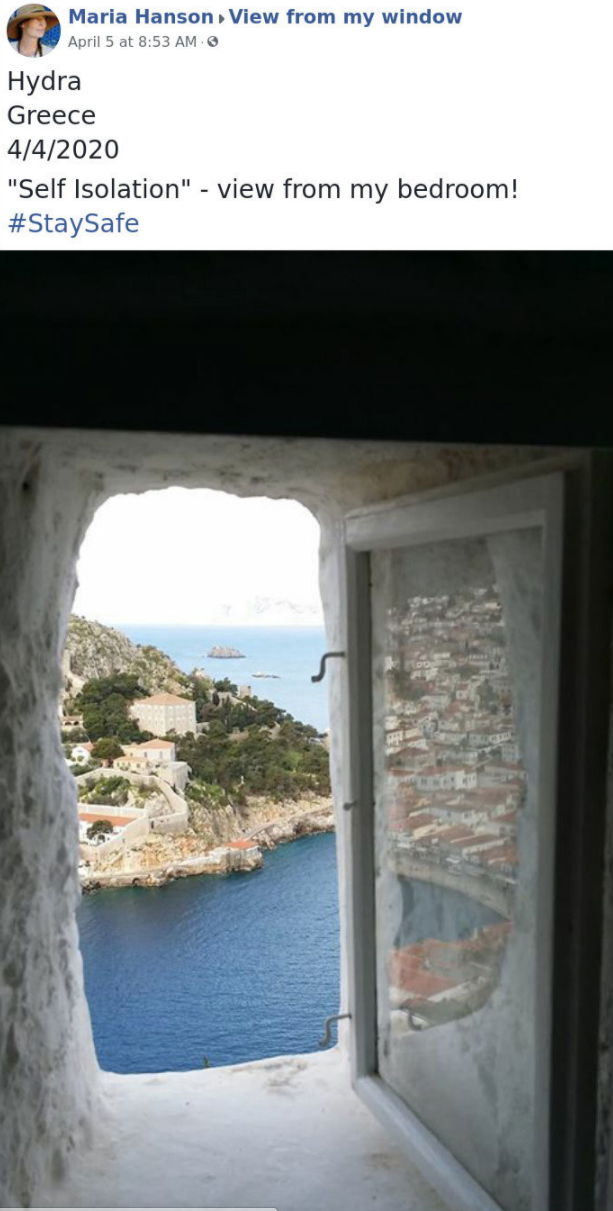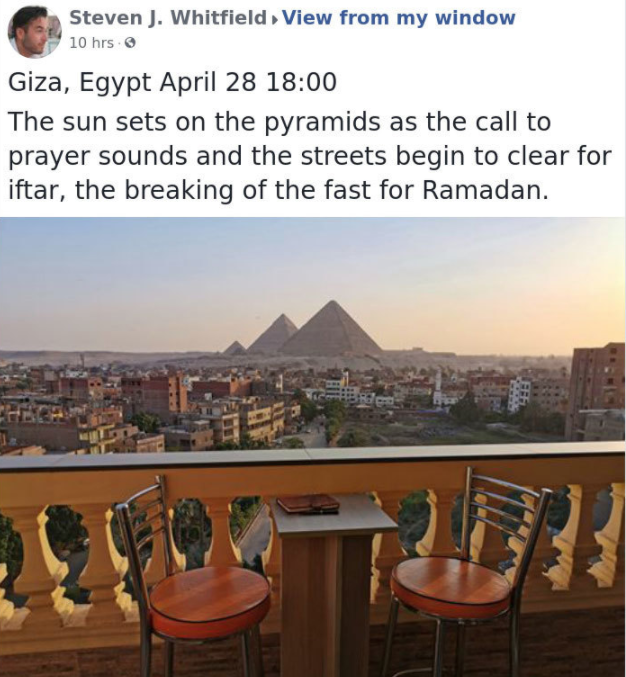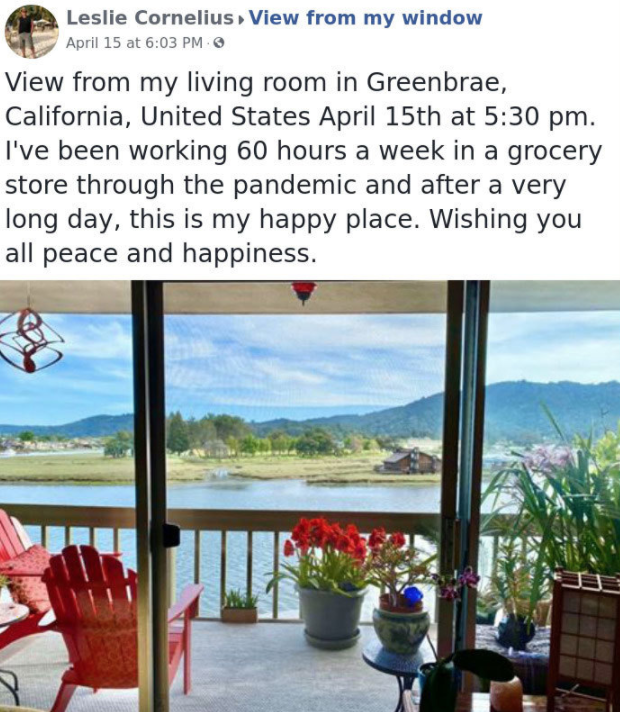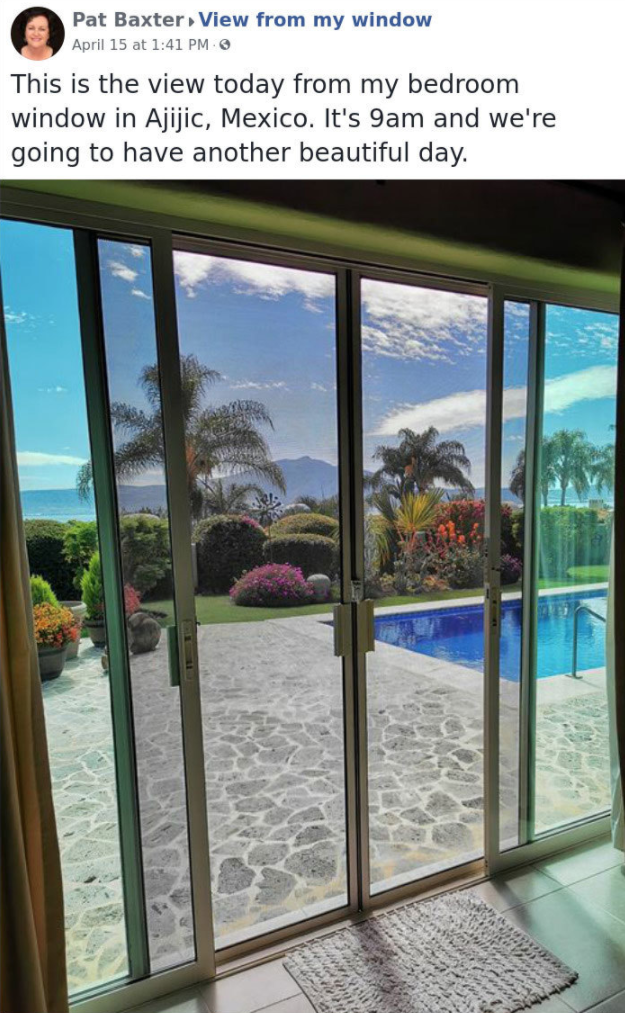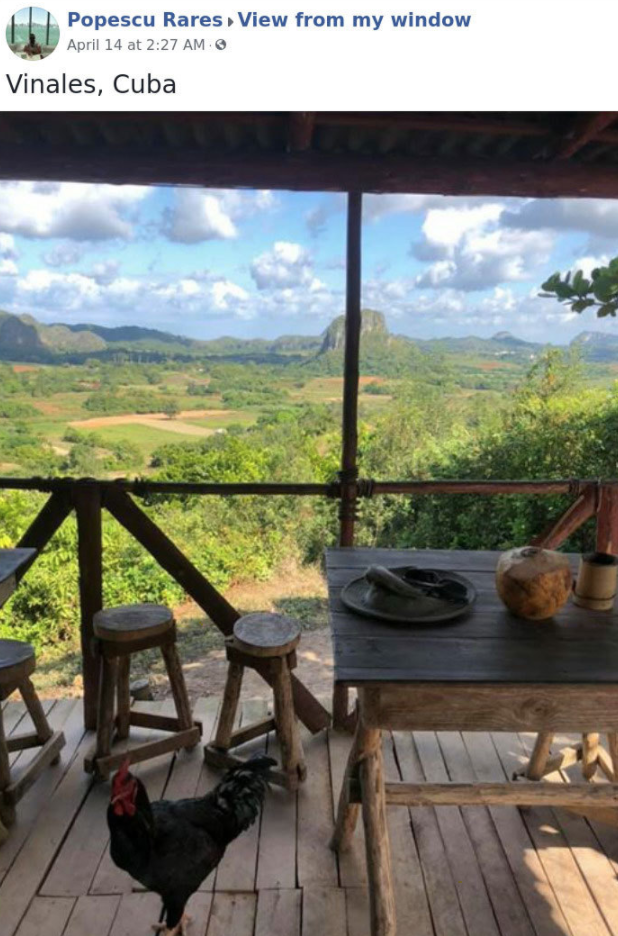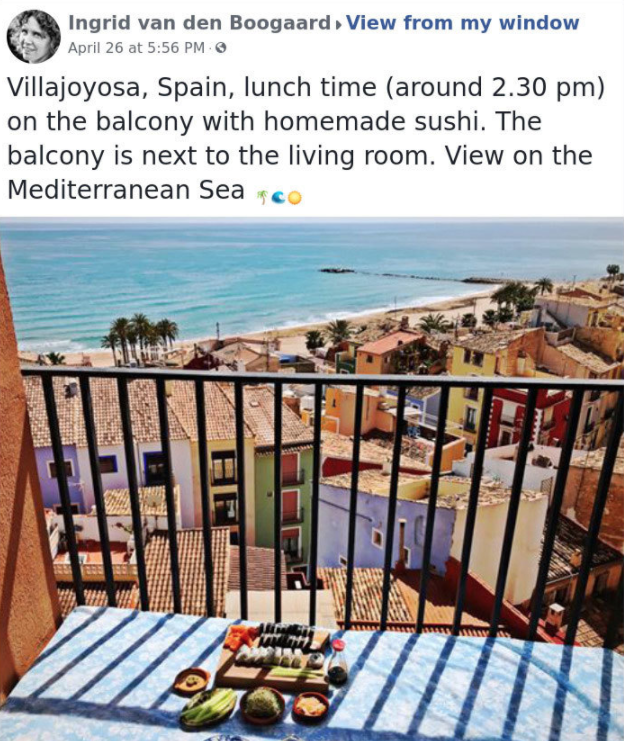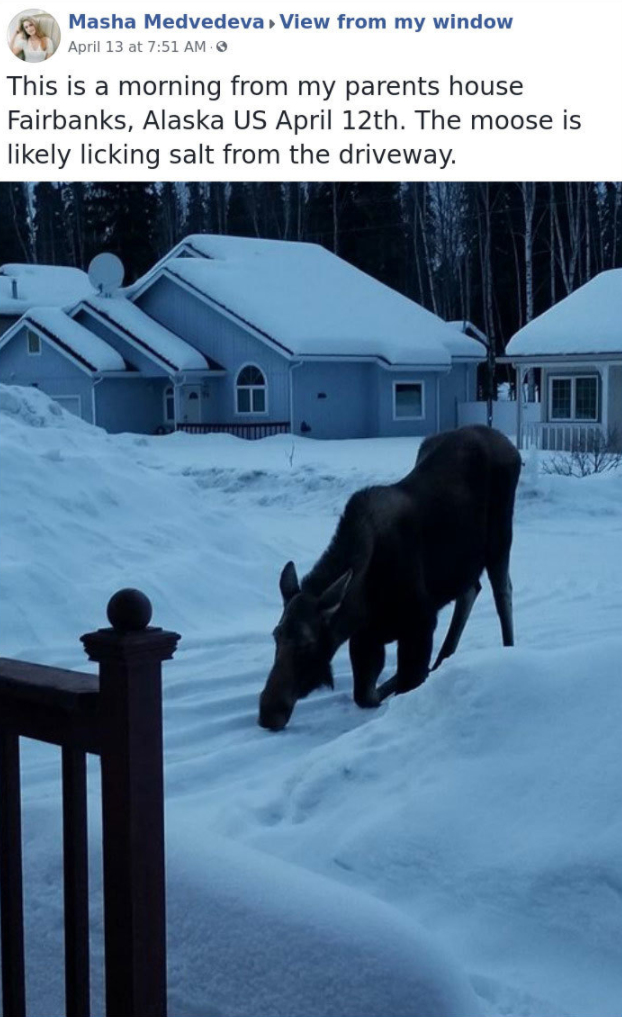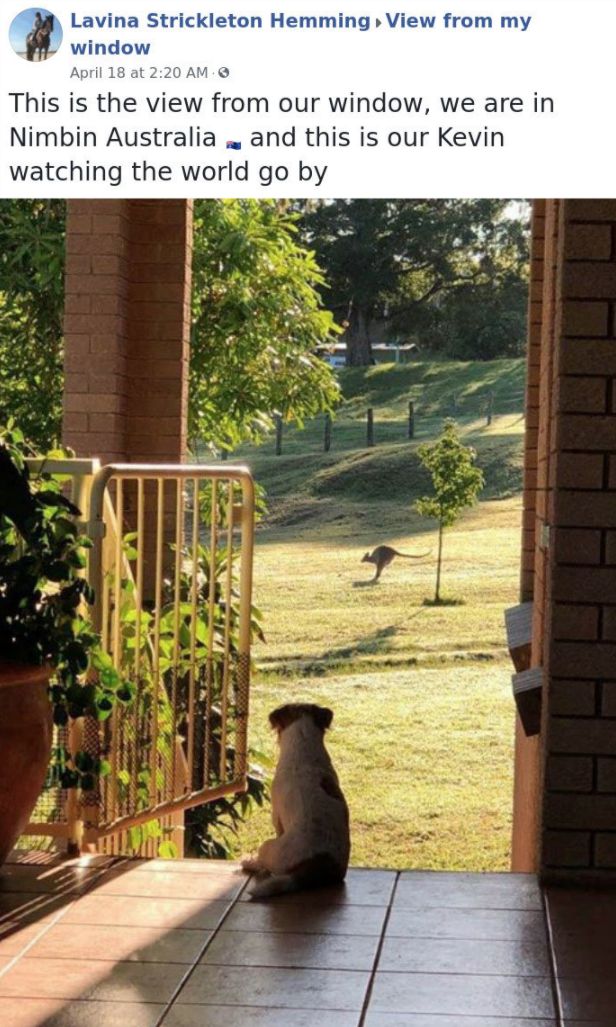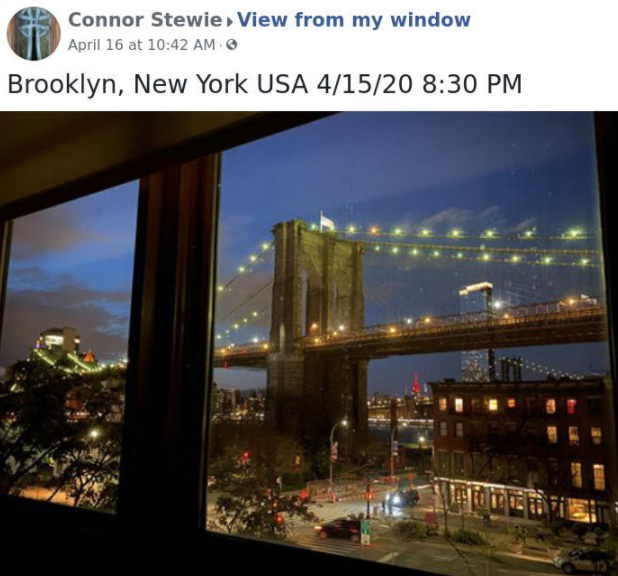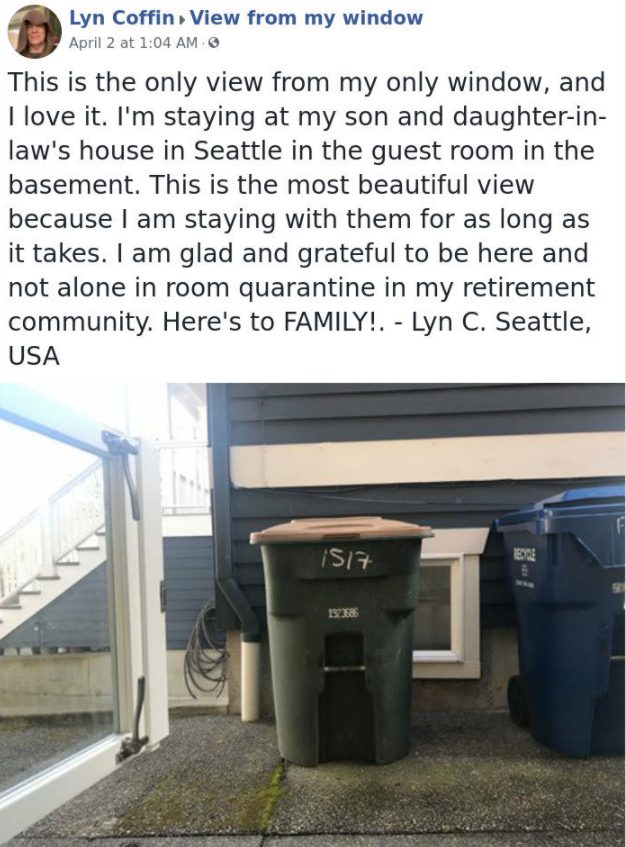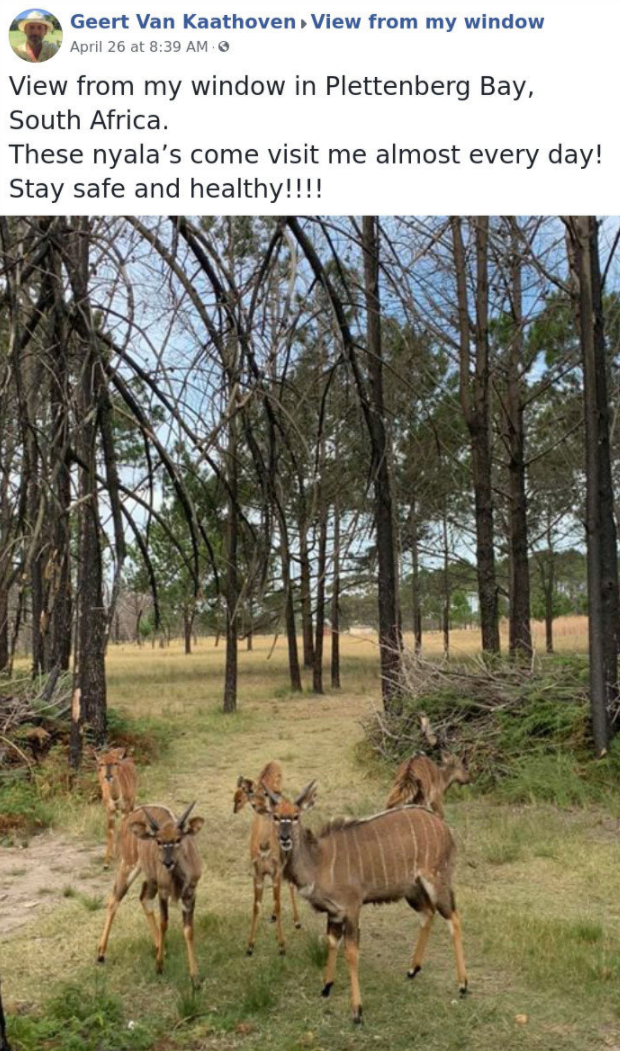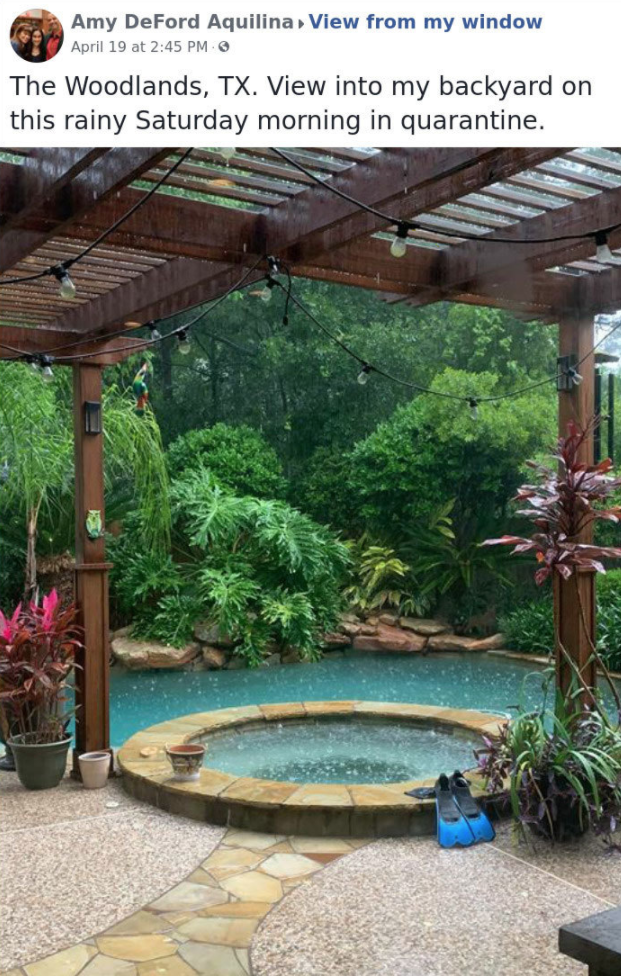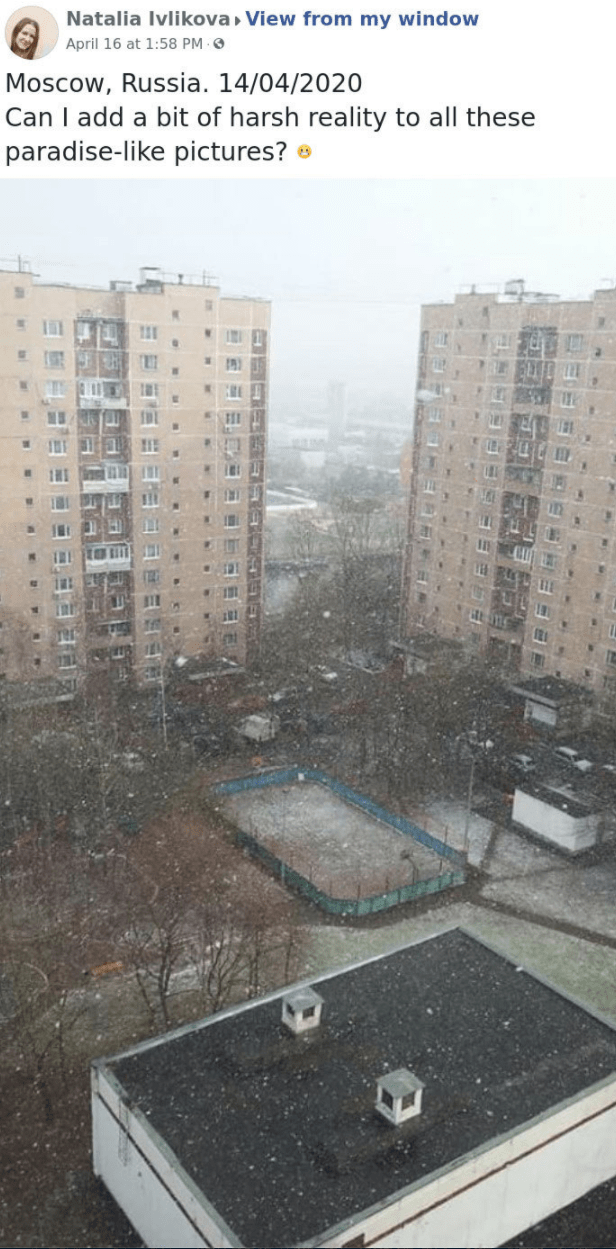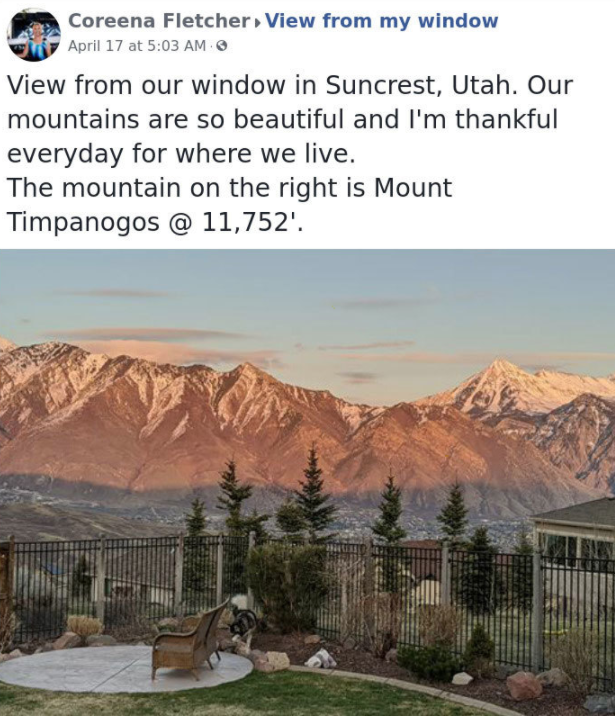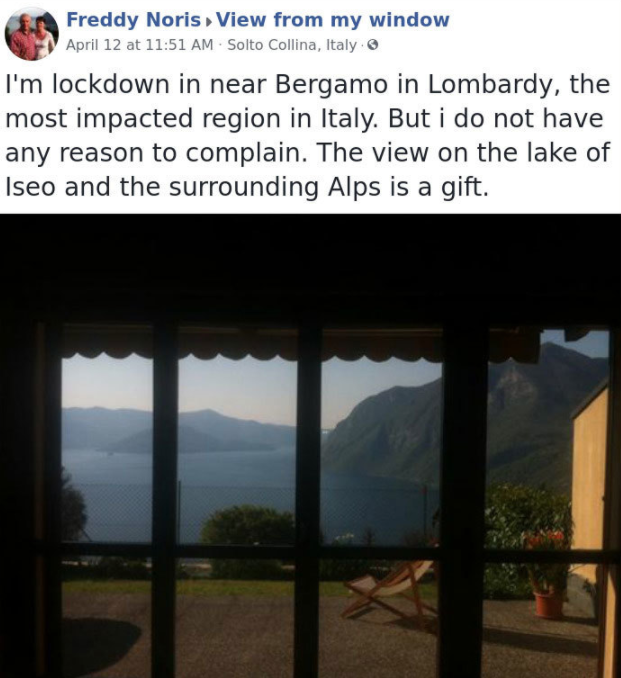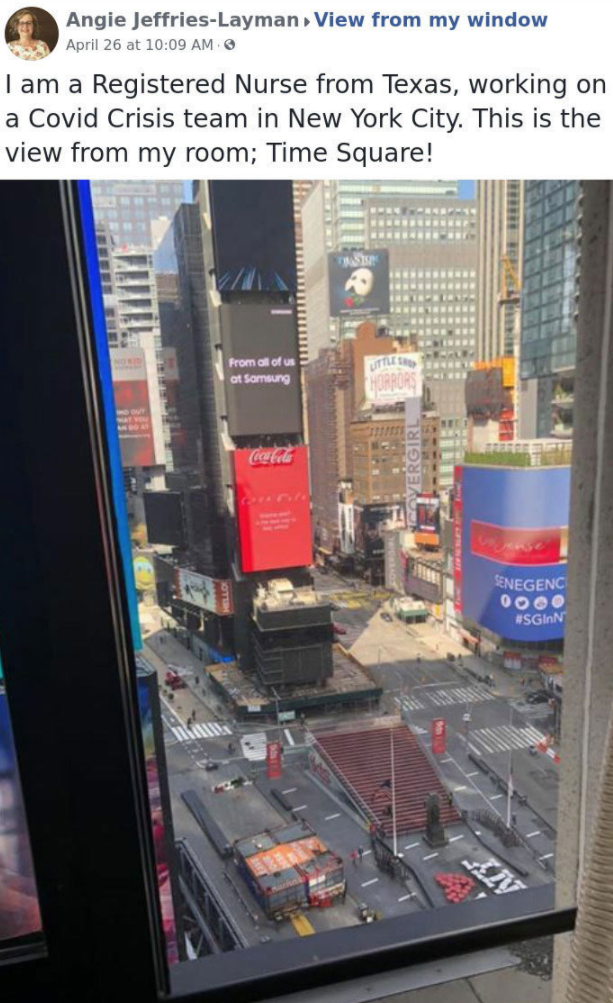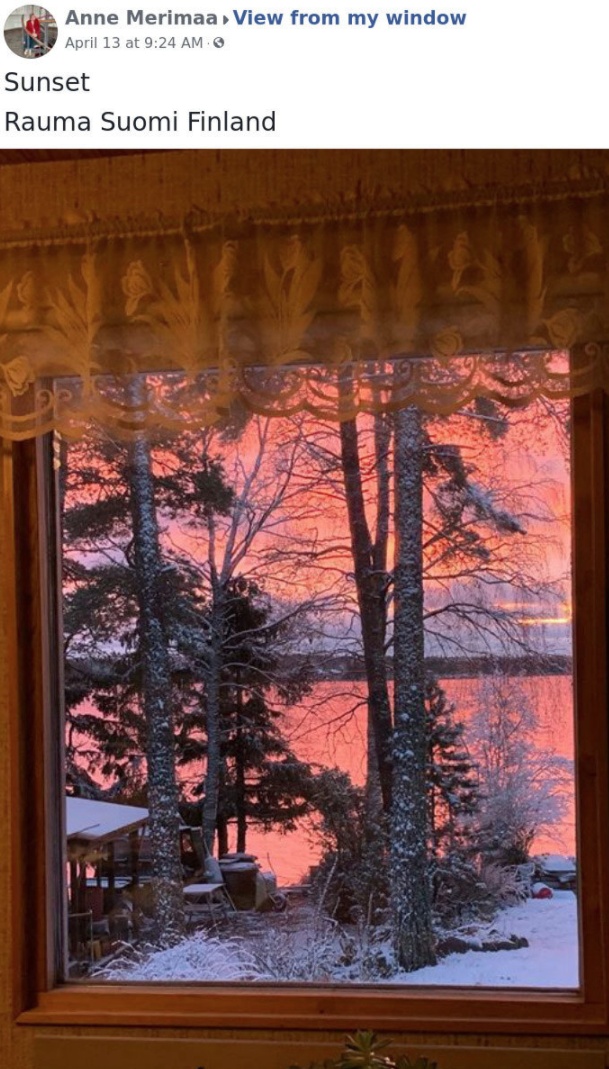When the Louvre Reopens, It's Going to Be Quiet
The museum's president said visitor numbers could be reduced as much as 80 percent. That might mean a better view of the Mona Lisa, if you can get there.

By
The Musée du Louvre in Paris is set to reopen on July 6 after a 16-week shutdown that has taken a 40-million-euro toll on its bottom line.
In a normal year, the world's largest museum hosts 10 million visitors in 925,000 square feet of space open to the public.
When the museum reopens, 70 percent will be accessible, including the large galleries of French and Italian paintings, the sculpture courtyards and the Egyptian antiquities section. But with France's borders still closed to travelers from outside the European Union, visitor numbers will be a fraction of what they usually are in the peak summer season.
While France was in lockdown, the museum was managed from home by its president, Jean-Luc Martinez, a specialist in ancient Greek sculpture who has been in charge since 2013. He spoke to The New York Times by telephone in mid-June. The following conversation has been edited and condensed:
What's your major challenge in reopening?
Reassuring the public. At the Louvre, it's fairly easy, because the spaces are gigantic, and thanks to online ticketing, we can control how many people come in. Visitors will be able to stand in line securely at the entrance, and masks will be mandatory for visitors aged 11 and over.
What will it be like to visit the Mona Lisa?
We renovated that gallery and inaugurated it last fall. We've introduced lines and a space between each visitor that will allow museumgoers to get closer to the painting. Until now, people would crowd around the Mona Lisa. Now, visitors will stand in one of two lines for about 10 to 15 minutes. Then each person is guaranteed a chance to stand in front of the Mona Lisa and look at her from a distance of about 10 feet. We want to make the encounter with the Mona Lisa a special moment.

But you'll have far fewer visitors because of the pandemic.
Yes. Normally, 75 percent of our visitors on average are from abroad. That percentage rises to 80 percent in the summertime. Of those visitors, 1.5 million are American, and 800,000 to 900,000 are Chinese. If Europe's borders with the rest of the world are not opened this summer, we will see an 80 percent drop in visitors.
After the Sept. 11, 2001, terrorist attacks, we lost 40 percent of our visitors, and took three years to get back on track. After the 2015 terrorist attacks in France and elsewhere in Europe, we had another 40 percent drop, but everything normalized after a year.
This time, we don't know what will happen. Our worst-case scenario is that it will take us three years to get back to our normal visitor levels.
How will you make up for lost ticket sales? In 2018, they brought in €87 million, around $100 million.
We're working with the Ministry of Culture on a plan to guarantee the future of the Louvre. The Louvre and the Château de Versailles are particularly reliant on international tourism.
And you already receive a large subsidy from the French government.
We receive €94 million a year from the state, the largest contribution the French government makes to any French museum. We are lucky to be a state-owned museum. People make fun of the French model, but it gives more solidity to centuries-old institutions

How much did your blockbuster Leonardo da Vinci exhibition, which closed right before the lockdown, bring in?
We had 1.2 million visitors, which works out to about €2.5 million in revenue. That's quite exceptional. Generally, exhibitions are loss-making, which is not a word I like to use. They cost us money.
The "Salvator Mundi," attributed to Leonardo, never made it to the Leonardo exhibition. Will we ever see it in Paris or at the Louvre Abu Dhabi?
I can't answer that question. I had requested it for the Leonardo exhibition, and it never came. I hope that the painting will one day be on public view, because it's important for people to form an opinion. The museum is exactly the right place for works to be shown so that opinions can be expressed.
What about demands for the restitution of objects from former French colonies? Has the Louvre received any of those?
No, we have not received requests from former French colonies in that respect.
The question of provenance and of the origin of the collections is at the heart of what we do at the Louvre, and not just because of the pressure generated by these debates. In 2021, the Louvre will put all of its collections online, and the question of provenance will have been examined in the process.
Work has to be done on provenance and on the accessibility of the collections, both to researchers and to the general public. We also have to share, with the countries that these collections come from, everything that we know about them.
We're seeing public statues and monuments being torn down all over the Western world right now. What do you think of this?
I'm a historian by training, and history is something that is constructed methodically, not under pressure from emotions and rumors. I think museums have a role to play. They're the place where memories can be shared. Otherwise, memories clash.
There are of course dark chapters in history, and controversies. But in a democratic system, that's legitimate and healthy. On the other hand, destroying statues and works of art is something that happens in dictatorships. You can contextualize them, you can explain them. My belief as a historian is that you have to strive for dialogue

Do you think historians will remember the coronavirus as the thing that killed off mass tourism?
I don't think so. It's fashionable to say that right now. But the great palace-museums such as the Vatican, the Hermitage and the Louvre will remain tourist sites. The word "tourist" is not a bad word.
So you really think you'll get back to 10 million visitors a year?
I think so, yes. Contrary to what some people think, the world after the coronavirus will not be that different from the world before.
-- Sent from my Linux system.
